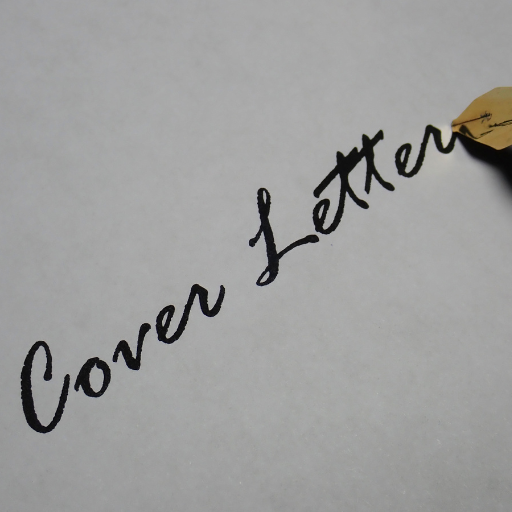
I am asked all the time – Do I really need a cover letter? The reality is, you can absolutely submit your resume without a cover letter, but if you really want your application to stand out, submitting a cover letter is always the best option.
Learning to write a cover letter can be challenging. Writing skills are incredibly important for job seekers. The cover letter accompanies the resume at all times as the primary support document. Whether you use LinkedIn, web form, or email to submit your application including a cover letter is a good idea. There are, of course, other tools you’ll use when job seeking. Your cover letter and resume come first, followed by follow-up messages or emails, thank-you letters after the interview, reference submissions, and job acceptance letters. If you have excellent cover letter writing skills, and excellent resume writing skills, the other written tools should be easy to compose.
The goal of your cover letter is to get the attention of the hiring manager, just as it is with your resume. The method and format for a cover letter are a little different. Your resume will cover all, or the majority of your professional career experience, and will be from one to two pages in length. As a side note, remember that in the US we don’t use a CV or Curriculum Vitae, and instead use a resume format. Your cover letter will be a brief page serving as an introduction to your resume. The style of your cover letter should be direct, to the point, and able to grab the attention of the reader quickly. Highlighting a few points that make you a strong candidate will make the reader want to read the attached resume.
A good cover letter is short and punchy and will take two to three key highlights from your resume and emphasize them. The old adage “tell them what you are going to tell them, tell them, and then tell them what you told them” holds true in both resume writing and cover letter writing.
Studies have shown that the hiring manager devotes only about fifteen seconds to each resume and cover letter they review. With that in mind, your writing skills need to be top-notch to get this person to pause and look at your resume. You will be judged a lot on your writing, word choices, punctuation, and storytelling. Your resume writing skills need to be intentional and correct in order to get the reader to want to grant you an interview. But don’t stop there! Your interviewing skills need to be excellent to get the hiring manager to offer you the position. This process can be long, but can hopefully lead to a positive chain of events. This process begins with an eye-catching cover letter and resume, and ends with job satisfaction and a nice paycheck.